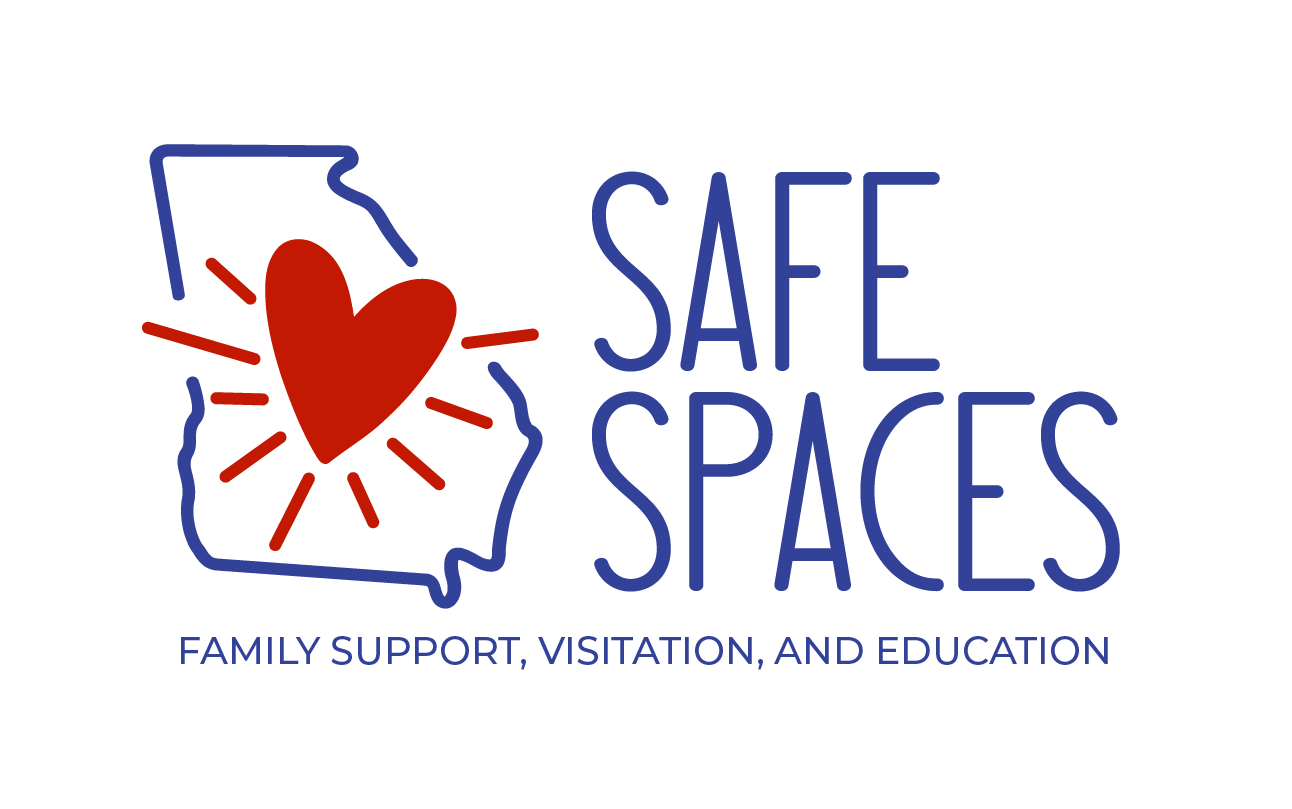Understanding Supervised Visitation in Georgia Law: Ensuring Safe and Nurturing Contact
In family law cases where concerns arise regarding the safety or well-being of a child during visitation, the court may order supervised visitation. Georgia law recognizes the importance of maintaining parent-child relationships while prioritizing the best interests of the child. In this blog post, we will delve into the concept of supervised visitation within the context of Georgia law, shedding light on its purpose, guidelines, and benefits.
What is Supervised Visitation?
Supervised visitation refers to a court-ordered arrangement in which a neutral third party monitors the interactions between a non-custodial parent and their child during scheduled visitation time. The primary goal of supervised visitation is to provide a safe and nurturing environment that allows the child to maintain a relationship with their non-custodial parent, while ensuring their well-being and protection.
Purpose and Guidelines
Supervised visitation is typically ordered when the court determines that unrestricted visitation poses a potential risk to the child's physical or emotional safety. Various factors may lead to such a decision, including a history of domestic violence, substance abuse, neglect, or concerns about parental alienation.
In Georgia, specific guidelines govern supervised visitation to ensure the child's safety. The court may appoint a professional supervisor, such as a social worker or a trained monitor, to oversee visitation sessions. Alternatively, trusted family members or friends may be designated as supervisors under certain circumstances.
Benefits of Supervised Visitation:
Child Safety and Well-being: Supervised visitation provides a protective environment for the child, reducing exposure to potentially harmful situations and promoting their overall well-being.
Parent-Child Bonding: Despite the need for supervision, supervised visitation allows the non-custodial parent to maintain a relationship with their child. It offers an opportunity for interaction, bonding, and nurturing, which are crucial for healthy parent-child connections.
Peace of Mind: For custodial parents, knowing that visitation is supervised can alleviate concerns and provide peace of mind regarding their child's safety during visitation exchanges.
Professional Support and Guidance: The presence of a neutral third party during supervised visitation offers support, guidance, and intervention if necessary. Professionals trained in child development, conflict resolution, and family dynamics can help facilitate positive interactions and address any issues that may arise.
Supervised visitation plays a significant role in ensuring the well-being and safety of children in cases where concerns exist. By following the guidelines set by Georgia law, supervised visitation aims to foster healthy parent-child relationships while mitigating potential risks. This court-ordered arrangement offers a structured and protected environment for children to connect with their non-custodial parent, enabling them to maintain meaningful relationships during challenging times.

